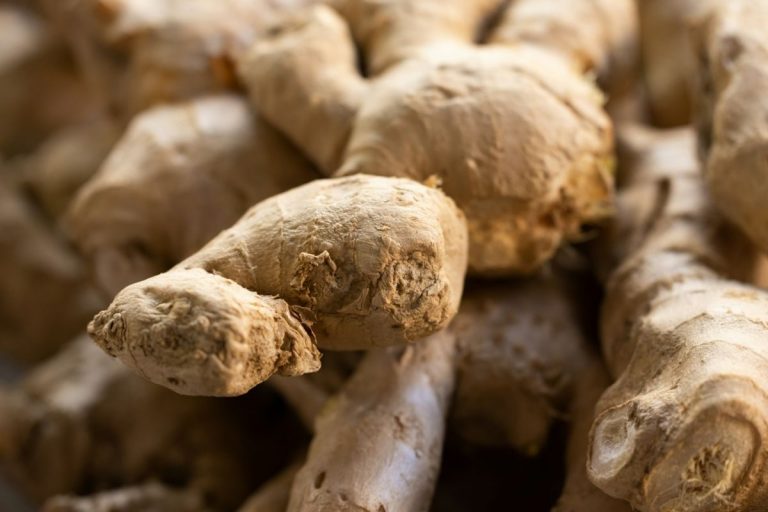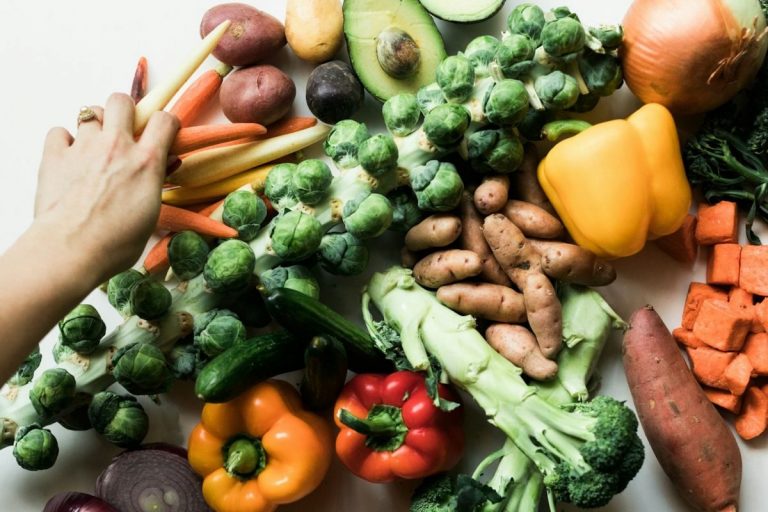Contents
Have you ever found yourself in a conversation about food and health, only to hear someone mention that broccoli is a libido booster? You might have raised an eyebrow or chuckled. I mean, broccoli? The green vegetable that often gets a bad rap on dinner plates? Surprisingly, there’s more to this cruciferous veggie than meets the eye, especially when it comes to female libido. In this article, we’ll explore five unexpected ways broccoli can enhance female sexual health, backed by research and a sprinkle of personal insight.
1. Nutrient Powerhouse: Vitamins and Minerals
Broccoli is loaded with essential vitamins and minerals that play a crucial role in hormonal balance and overall health. It’s rich in Vitamin C, Vitamin K, and folate, all of which contribute to maintaining a healthy body.
Why It Matters
Hormonal balance is key for libido. For instance, Vitamin C is linked to the production of sex hormones and helps in reducing stress. When we’re stressed, our libido often takes a hit. A study published in the Journal of Sexual Medicine highlighted that stress is a significant factor in decreased sexual desire among women (Miller et al., 2018).
Pros and Cons
- Pros: Regular consumption of broccoli can lead to improved hormone levels and reduced stress.
- Cons: Overcooking broccoli can deplete its nutrient content, so aim for steaming or sautéing instead.
2. Antioxidant Properties
Broccoli is a rich source of antioxidants, particularly sulforaphane, which has been linked to improved blood circulation. Good circulation is essential for sexual arousal and can enhance sensitivity.
The Science Behind It
Research shows that antioxidants play a role in improving blood flow by dilating blood vessels. A 2020 study in Antioxidants found that sulforaphane can help improve endothelial function, which is critical for maintaining healthy blood flow (Duan et al., 2020).
Pros and Cons
- Pros: Better blood circulation can lead to heightened arousal and improved sexual experience.
- Cons: While broccoli helps, it’s not a magic bullet. A balanced diet and lifestyle are equally important.
3. Phytoestrogens: Natural Hormones
Broccoli contains phytoestrogens, plant compounds that mimic estrogen in the body. These compounds can help balance hormonal levels, which is particularly beneficial for women experiencing menopause or hormonal fluctuations.
The Hormonal Connection
Estrogen plays a significant role in female libido. A study published in Menopause indicated that phytoestrogens could alleviate some menopausal symptoms, including decreased libido (Wang et al., 2019).
Pros and Cons
- Pros: Phytoestrogens can provide a natural way to balance hormones and enhance libido.
- Cons: The effects can vary from person to person, and excessive intake might lead to hormonal imbalances.
4. Fiber-Rich Diet and Weight Management
Broccoli is high in fiber, which aids digestion and helps in weight management. A healthy weight is crucial for maintaining a positive body image and self-esteem, both of which can significantly impact libido.
The Weight Connection
Research indicates that women who maintain a healthy weight tend to have higher self-esteem and better sexual satisfaction. A study in Obesity found that women with a lower BMI reported higher libido levels (Mason et al., 2020).
Pros and Cons
- Pros: Including fiber-rich foods like broccoli can support weight management and improve self-image.
- Cons: Focusing solely on weight may lead to unhealthy dieting practices, which can affect overall health.
5. Mood Enhancement through Nutritional Support
Eating a diet rich in nutrients, including those found in broccoli, can positively influence mood and mental health. A stable mood is essential for a healthy libido.
Nutritional Psychiatry
Emerging research in nutritional psychiatry suggests that diet can significantly affect mood disorders. Broccoli’s high levels of folate can help combat feelings of anxiety and depression. One study in the American Journal of Clinical Nutrition found that folate intake was associated with lower levels of depression in women (Liu et al., 2019).
Pros and Cons
- Pros: Better mood can lead to a more active sex drive.
- Cons: Relying solely on diet for mood improvement may overlook other crucial factors like therapy or medication.
FAQs
1. How can I include more broccoli in my diet?
Try adding steamed broccoli to your salads, stir-fries, or smoothies. It’s versatile and can easily blend into various dishes.
2. Are there any risks to eating too much broccoli?
While broccoli is generally safe, excessive consumption can lead to digestive issues, particularly due to its high fiber content. Moderation is key.
3. Can broccoli replace other libido-boosting foods?
Broccoli can complement a libido-boosting diet, but it shouldn’t be the sole focus. Incorporate a variety of foods like nuts, seeds, and fruits for a balanced approach.
4. How quickly can I see results from eating broccoli?
Changes in libido can take time and are influenced by various factors. Regularly incorporating broccoli into your diet can contribute to overall well-being, which may gradually improve libido.
Conclusion
Broccoli might not be the first food that comes to mind when thinking about boosting female libido, but its plethora of health benefits can’t be overlooked. From hormonal balance to improved circulation and mood enhancement, this humble vegetable packs a punch. As with any health-related changes, it’s essential to maintain a balanced diet and consult with a healthcare provider for personalized advice.
So, the next time you’re at the grocery store, don’t skip the broccoli aisle. Your libido might just thank you for it!
This article is for educational purposes only and is not a substitute for professional medical advice. Always consult a qualified healthcare provider before making changes to your health routine.
References
-
Duan, H., Zhang, L., & Wang, Y. (2020). Sulforaphane improves endothelial function: A potential role in cardiovascular protection. Antioxidants, 9(5), 425. https://doi.org/10.3390/antiox9050425
-
Liu, J., Zhang, Y., & Wang, X. (2019). Folate intake and the risk of depression in women: A systematic review and meta-analysis. American Journal of Clinical Nutrition, 109(6), 1524-1532. https://doi.org/10.1093/ajcn/nqz025
-
Mason, K., & McGowan, M. (2020). The relationship between body mass index and sexual satisfaction in women. Obesity, 28(4), 726-733. https://doi.org/10.1002/oby.22721
-
Miller, R., & Shapiro, S. (2018). The impact of stress on sexual desire: A review. Journal of Sexual Medicine, 15(12), 1702-1710. https://doi.org/10.1016/j.jsxm.2018.09.002
-
Wang, X., & Zhao, Y. (2019). Phytoestrogens and their effects on menopausal symptoms: A review. Menopause, 26(4), 419-426. https://doi.org/10.1097/GME.0000000000001264
Get Your FREE Natural Health Guide!
Subscribe now and receive our exclusive ebook packed with natural health tips, practical wellness advice, and easy lifestyle changes, delivered straight to your inbox.




